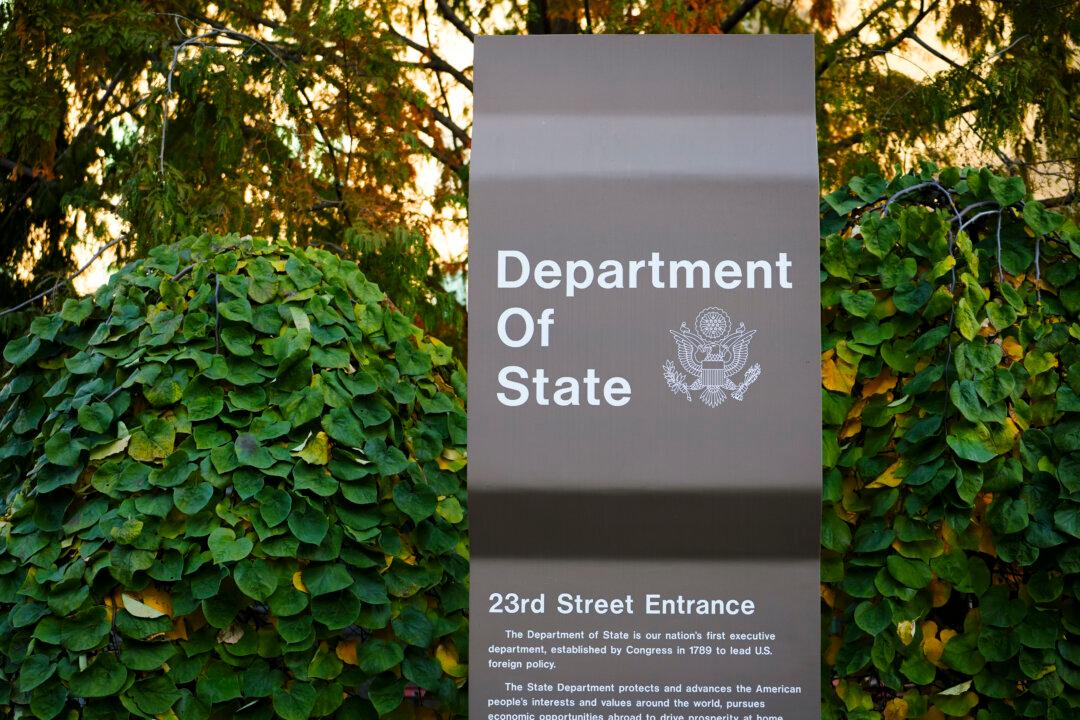The United States was aware that Nauru was contemplating dropping diplomatic ties with Taiwan before the Pacific nation formalized the decision in January, according to a top State Department official.
Daniel Kritenbrink, assistant secretary of state for East Asian and Pacific affairs, told the Senate Foreign Relations Committee on March 14 that China’s communist regime “has moved aggressively to assert itself in the Pacific Islands” through foreign assistance, elite capture, and a “robust public messaging campaign.”





